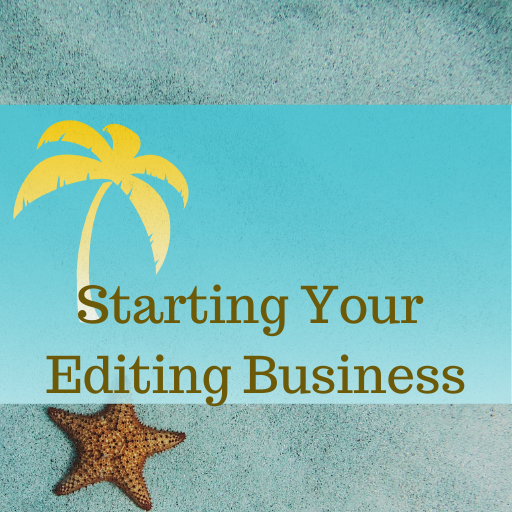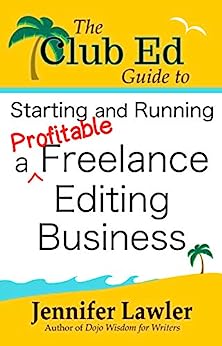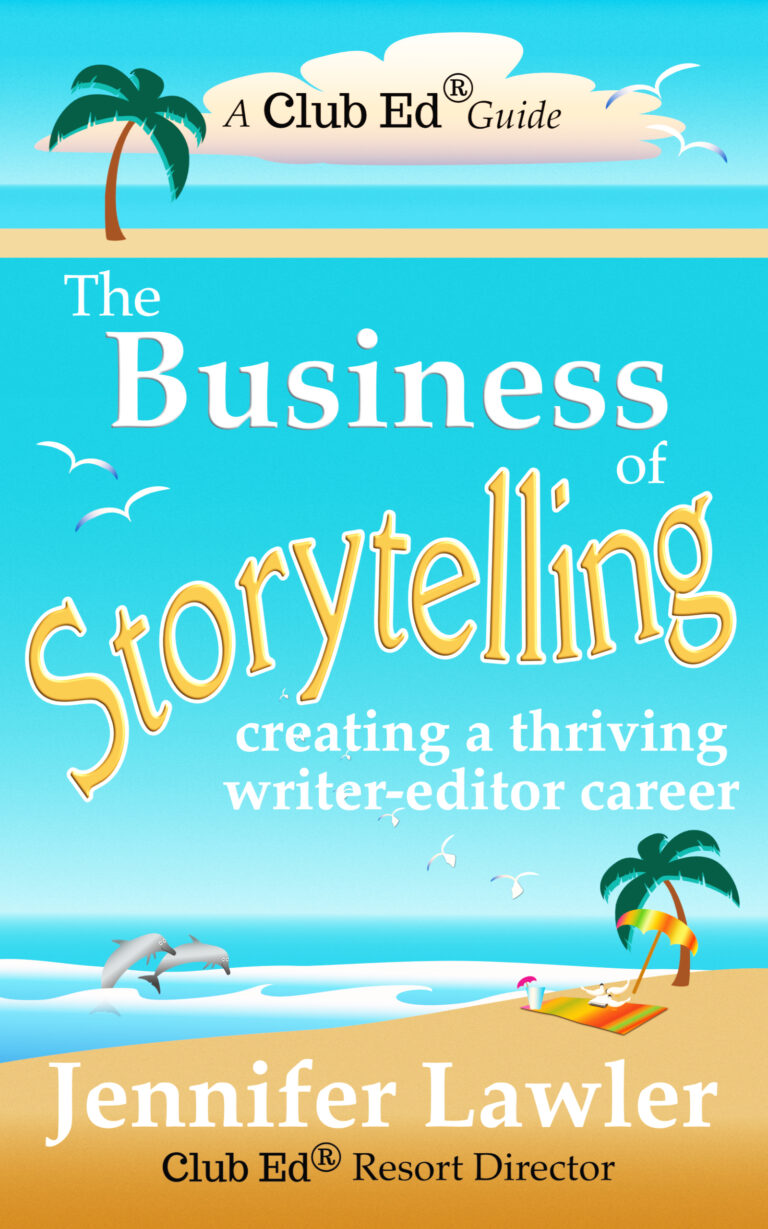Avoiding a Common Author Scam
Though this scam affects writers, not editors, it’s a good one to be aware of as it may happen to one of your clients.
The other day, a writer I’ve worked with in the past emailed me and said that someone from Little, Brown and Company (a well-respected traditional publishing company) had contacted her regarding publishing one of her books, but that the editor required her to work through an agent.
She said she asked the editor how she came across the book (which the author had self-published a few months ago), but the editor didn’t answer that question. Instead the editor reiterated the need for my author friend to get an agent. The author went on to ask if I had suggestions for anyone who might be interested in representing a romantic fantasy.
Signs of a Scam
My scam alert spidey-senses tingled. And here’s why:
- While it’s not impossible for an editor (or agent) to read your work and want to publish it (or represent it), they are almost certainly not going to be interested in a previously published book unless the sales have been spectacular (thousands of copies). I once had an agent reach out to work with me because I had written several books on martial arts. But the agent was trying to find a writer for a martial arts book another publisher had planned and she wanted to see if I would write that book. The agent wasn’t trying to do anything with or about my previously published books. They were just the proof that I knew how to write a book about martial arts.
- If an editor is interested in your work, they will answer questions about it without insisting you get an agent first. Many traditional publishing companies require an agent to submit manuscripts on the writer’s behalf, but if an editor has reached out to you, they will be happy to explain why, even if their company normally only accepts agented submissions. In that case, you would get an agent to represent your interests during the contract negotiation stage, not before the editor has even answered a question about how they found your work.
Before I responded, the writer wrote back to me and said, “The person has just recommended a list of agents the company works with. Now I’m even more suspicious.”
Yep! That’s a bad, bad sign. It’s possible that after an editor has reached out and talked about a potential project with an author that they would recommend the author get an agent to negotiate the contract, but they wouldn’t supply a list of agents. That’s not how this works. With firm interest from an editor in hand, the author could much more easily find an agent on their own, but a reputable publishing company wouldn’t tell them who to use.
How the Scam Works
In this case, the “agents” on the list were almost certainly no such thing. Reaching out to any of them would probably have resulted in a request for the author to send along a “reading fee” or some other payment before the agent could negotiate the contract. That’s the scam.
Needless to say, there would be no publishing contract or traditionally published book at the end of this.
I asked the author to send along the editor’s name and the list of agents so I could verify, and the writer sent me an email address that was along the lines of [email protected]
Although “@littlebrown.com” is a legit email address for a legit publishing company, that’s not the actual domain in this email address. Notice the extra “c” before .com in [email protected]? That’s a scam email address.
Sometimes happy serendipities happen in publishing (the agent who reached out to me sold a lot of my books over the years!) but it’s always a good idea to be suspicious about anything that sounds too good to be true. I’m glad my author colleague avoided getting scammed, and I want to make sure others avoid it, too!
Join the Club!
New to story editing? Begin at the beginning.







